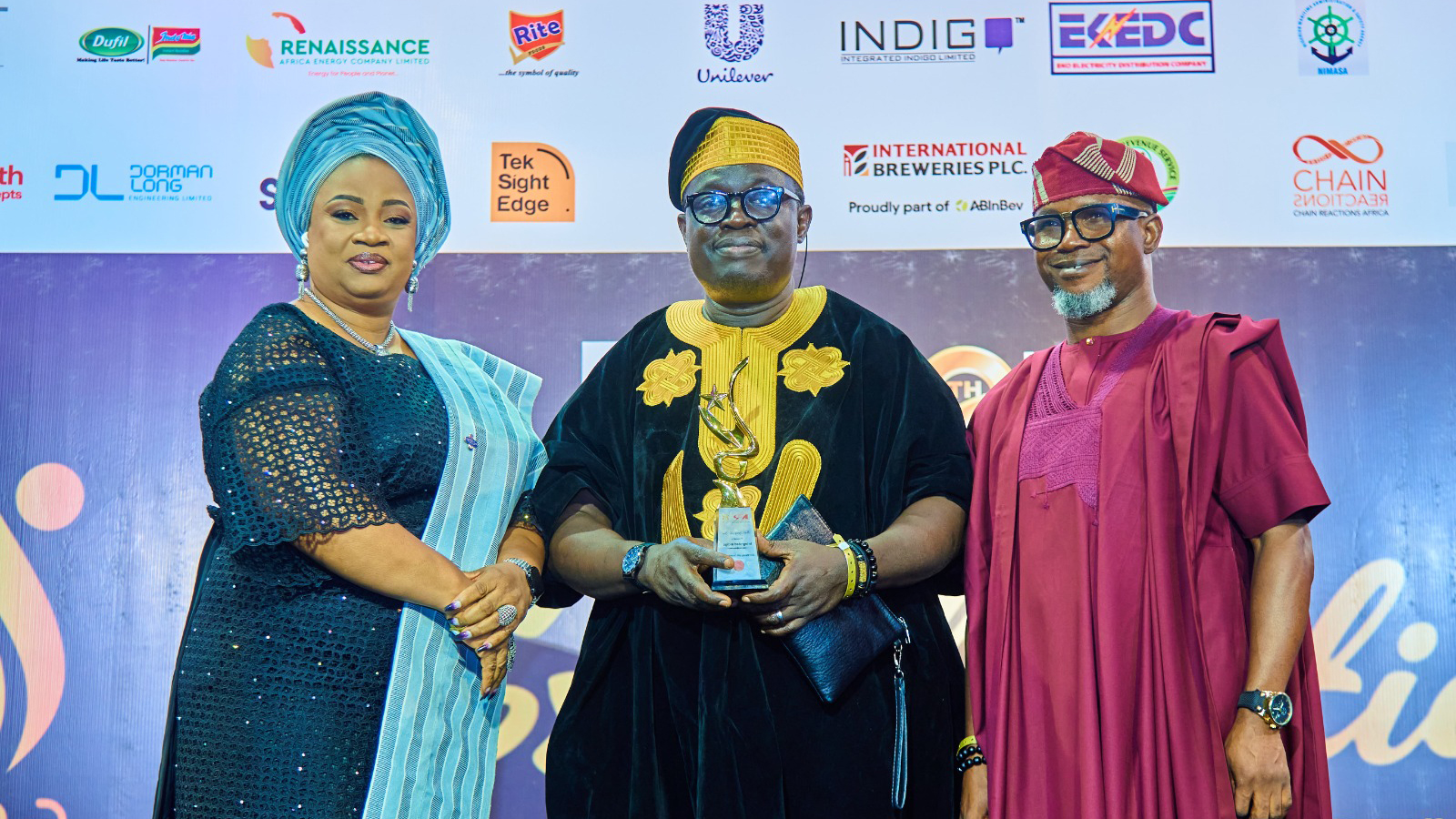Industry leaders have raised concerns over the country’s unreliable electricity supply and excessively high lending rates, warning that the barriers are severely limiting Nigeria’s ability to industrialise and compete globally.
They noted that despite the rapid expansion of China-Nigeria trade relations, reaching a record $17 trillion in 2024, these key structural challenges within Nigeria threaten to undermine the long-term benefits of such partnerships.
This was revealed at the second Lagos forum 2024 on China-Africa Cooperation (FOCAC), Beijing Summit, themed: “Exploring new Paths for China-Nigeria and China-Africa Cooperation,” organised by Nigerian Institute of International Affairs (NIIA) in partnership with Chinese Consulate General in Lagos, Africa-China Economic Magazine and Institute of African Studies, Jinhua, China in Lagos.
President of the Goods Made-in-China Importer Association, Charles Udeogaranya, described electricity and financing costs as “critical barriers” that continued to stifle local manufacturing.
“Our lending rate in Nigeria today is 27.50 per cent. If you lend at that rate and produce at that rate, is it affordable? The answer is no,” he stated, drawing stark contrasts with China, where businesses secure loans at under three per cent.
Udeogaranya argued that such financial conditions leave Nigerian entrepreneurs at a severe disadvantage, unable to scale production or compete with the cost-efficient imports flooding the market. “We need to start manufacturing locally. But how do we do that with these obstacles? Electricity is unreliable, and loans are unaffordable,” he added.
Director-General, Lagos Chamber of Commerce and Industry, Dr Chinyere Almona, cited the significant inflow of over $20 billion in Chinese investments across oil and gas, construction, ICT, manufacturing, and agriculture. Despite these advances, concerns linger over Nigeria’s readiness to convert these opportunities into sustainable domestic growth.
She highlighted that in 2024, Chinese imports accounted for 82.5 per cent of the total trade volume, with Nigeria importing approximately $40 trillion worth of goods, more than double the figure of bilateral trade due to imbalanced valuation metrics.
Almona emphasised the urgency of creating value-added industries in Nigeria, warning that without improved infrastructure and financing, local manufacturers cannot compete or build export-ready goods.
Publisher of Africa-China Economy, Ikenna Emewu, underscored the importance of aligning Nigeria’s economy with China’s digital dominance. “43.7 per cent of China’s GDP comes from the digital economy, compared to 17.6 per cent in Nigeria. We need deeper cooperation in digital infrastructure and cybersecurity,” he said.
Emewu welcomed the renewal of the currency swap agreement between the People’s Bank of China and the Central Bank of Nigeria, arguing it could reduce Nigeria’s dependency on the United States dollar and stabilise local trade if accompanied by robust digital systems.






